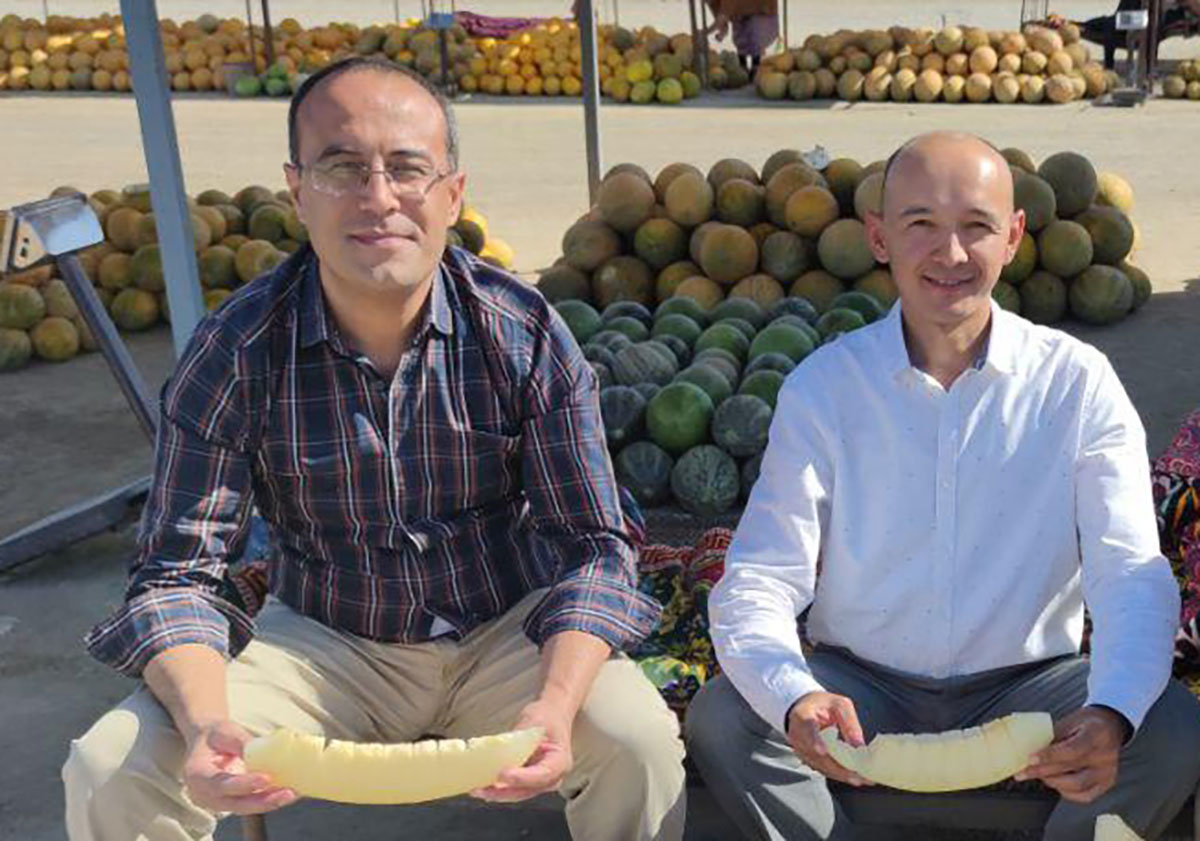Tourism’s Code of Ethics
It is fantastic to see so many people talking about various types of sustainable and ethical tourism. The energy and enthusiasm for positive change is starting to gain traction and all around the world, there are destinations, companies, and people making a difference. As we race forward it is important to remember the work that has already been done so we avoid "reinventing the wheel". For instance, did you know there is a Code of Ethics for Tourism? The Code of Ethics has 10 “articles” and outlines...












